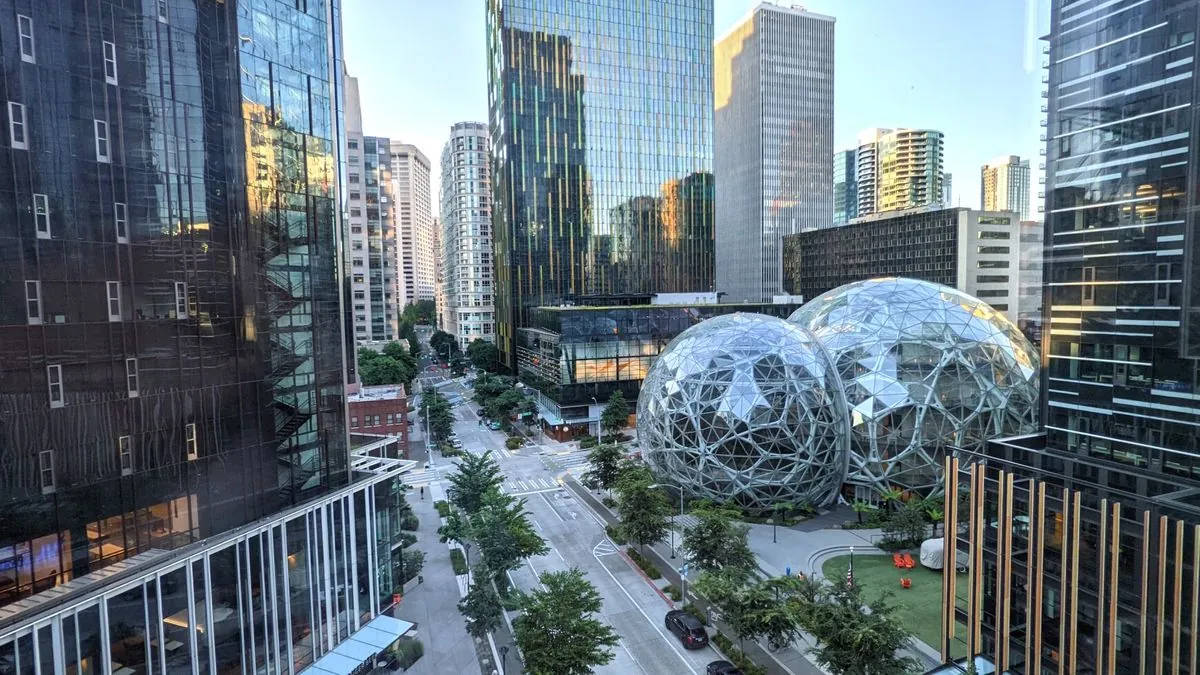On August 22, 2024, the District of Columbia Court of Appeals made a significant decision by reviving a lawsuit against Amazon.com Inc, one of the world's most valuable companies. The court determined that the district's claims regarding the online retail giant's pricing policies potentially stifling competition were plausible enough to warrant further examination.
This legal action, initially filed in May 2021, accuses Amazon of implementing practices that harm competition through restrictions imposed on its suppliers and third-party sellers on the Amazon.com platform. The lawsuit alleges that Amazon effectively prohibits third-party sellers from offering products at lower prices elsewhere by refusing to highlight their listings if they do so.
Additionally, the complaint suggests that Amazon has agreements with wholesalers guaranteeing a minimum profit. This arrangement allegedly creates a disincentive for wholesalers to lower prices to compete, as they would be required to compensate Amazon for any difference between the selling price and the agreed minimum.
The appeals court's decision overturns a previous ruling from May 2023 that had dismissed the case. The court stated that the original dismissal set an excessively high bar for the lawsuit to proceed. This revival of the case occurs as Amazon faces similar allegations in another pending case brought by the U.S. Federal Trade Commission and multiple states.
Amazon, founded by Jeff Bezos in 1994, has grown from an online bookstore to a diverse e-commerce and technology company. Despite its success, the company has faced increasing scrutiny over its market dominance and business practices.
"Just like any store owner who wouldn't want to promote a bad deal to their customers, we don't highlight or promote offers that are not competitively priced."
In response to the court's decision, Amazon expressed disagreement and maintained that its policies benefit consumers. The company plans to continue defending its position as the case moves forward.
Conversely, D.C. Attorney General Brian Schwalb welcomed the court's ruling, emphasizing the commitment to challenging what they perceive as unfair and unlawful practices by Amazon. The Attorney General's office argues that these practices have led to increased prices for District consumers and hindered innovation and choice in online retail.
As this legal battle unfolds, it adds to the growing list of antitrust challenges faced by Amazon in various countries. The company's significant market presence, including its cloud computing arm Amazon Web Services (AWS) and its Prime subscription service, has drawn attention from regulators concerned about potential market dominance.
The outcome of this case could have far-reaching implications for Amazon's business model and the broader e-commerce landscape. As the legal proceedings continue, the focus will remain on balancing consumer benefits with fair competition in the rapidly evolving digital marketplace.
